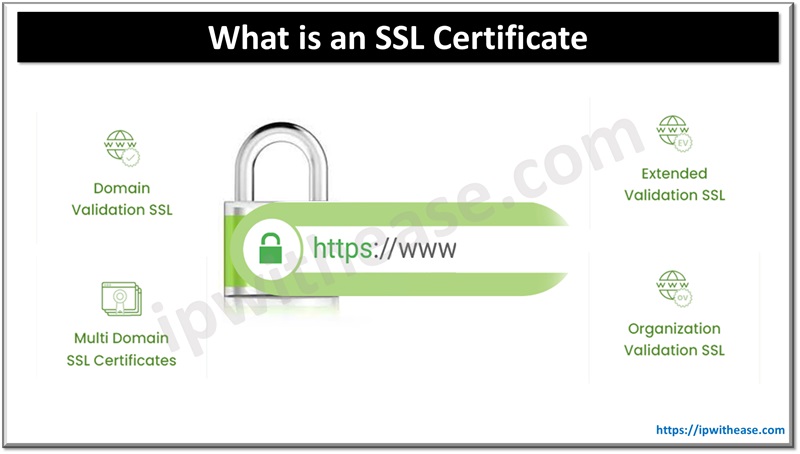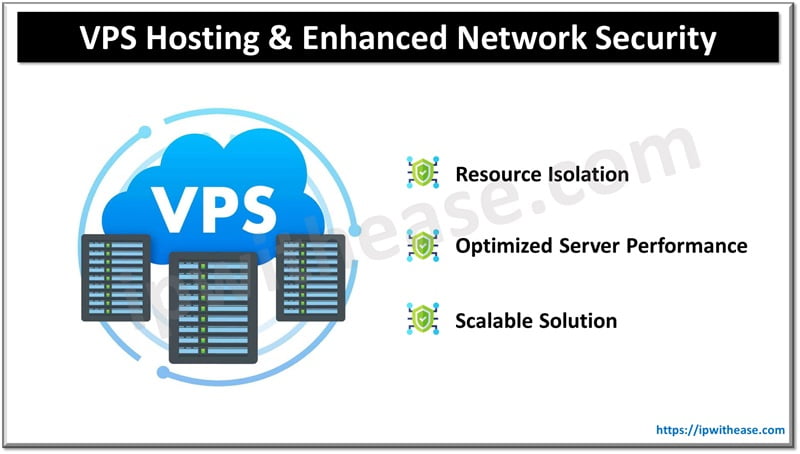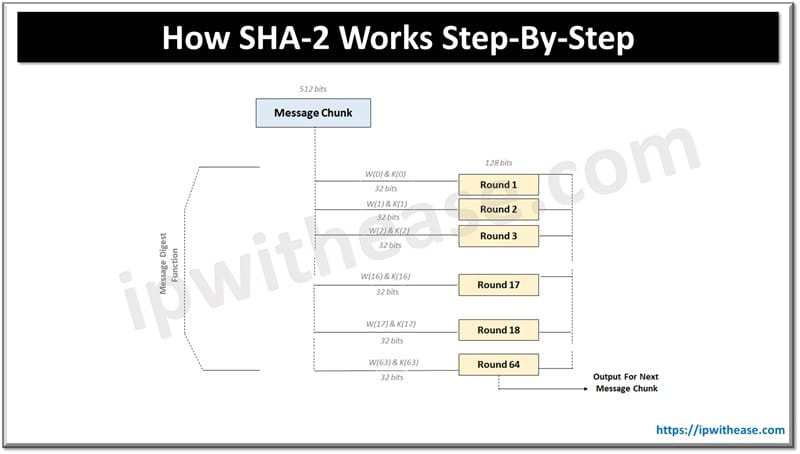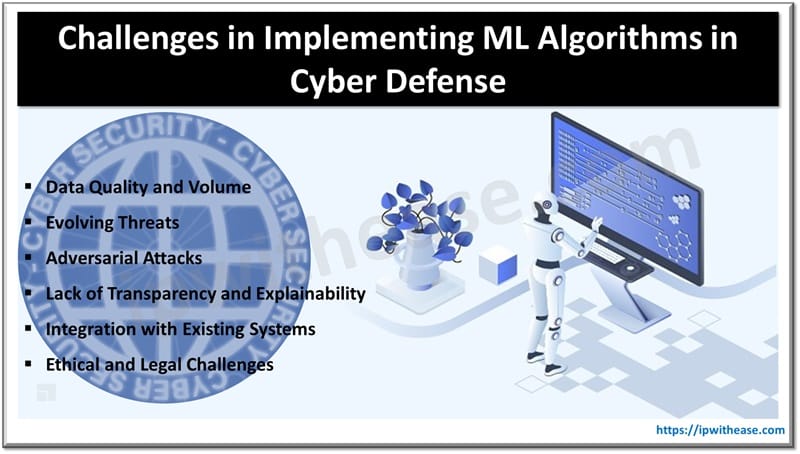Table of Contents
“Your secrets are secure! Your confidential information is well encrypted, placed far beyond the reach of any cyber intrusion.”
How to strengthen website security with SSL certificates?
How can a website owner strengthen its website security, while mitigating the risk of data breach? What are those security protocols that significantly enhance the safety of any digital platform?
The answer is found in SSL Certificates.
With digital evolution, the cyber security threat has become bigger. As a result, a large number of eCommerce giants have suffered dearly. Their credibility, customer data, and litigation penalties – all made them repent their ignorance regarding SSL certificates.
In this blog, you will explore how SSL certificates work and how you can streamline your website security by using the right type of SSL certificate. Let’s delve further to demystify the security puzzle.
What is SSL?
SSL, or Secure Sockets Layer certificate is a security protocol. It authenticates the identity of the connecting server, encrypts the data exchanged, and shields it from any form of tampering in the transmission between a web server and a user’s browser.
SSL certificates are universally applicable irrespective of the digital platform they are used across like websites, IoT devices, smart and wearable gadgets.
Related: How does a Browser verify an SSL Certificate?
Types of Risks SSL Certificates can Address
There are various types of risks involved in data transfer across different points of communication on the Internet, including server-to-browser, browser-to-browser, and server-to-server. These risks stem from the inherent vulnerabilities of transmitting data over networks that might be accessible to unauthorized parties.
In the upcoming section, you will understand the working of SSL certificates.
How SSL Certificate Works
Data transfer is the main benefit of SSL certificates. For this, SSL protocols utilize various algorithms to encrypt the data, transforming it into a secure format that only the authorized server can decrypt with a unique safety key.
Transferred data can be anything like names, addresses, credit card credentials, etc. However, to make the concept easily understandable, here is the process that will guide you on how SSL certificates work.
The process of SSL Handshake
● Whenever any web browser attempts to connect with a web service, it requests.
● In response, the web server shares a copy of its SSL certificate with the requesting browser/ server.
● The browser’s server ensures the validity of the SSL certificate and notifies its validity to its web server.
● Further, the web server returns a digitally signed acknowledgement, which is an indication that the browser can start an SSL encryption session with this web server.
● At last, the exchange of encrypted data starts.
The process mentioned above seems time-consuming, but it happens in milliseconds.
The Padlock Icon: The Seal of Trust
An SSL-certified website shows a padlock icon in the web browser. The padlock icon in your browser’s address bar is more than just a symbol. It is your first line of defense in identifying secure connections.
Here’s how you can delve deeper to verify a website’s security:
● A simple Padlock click can reveal the SSL certificate details, issuing authority, and the certificate’s validity period, which a tech-savvy user can check easily.
● At Padlock, you can check the name of the organization for which the certificate was issued.
Apart from Padlock, the website’s URL ( as shown in the image) also displays ‘HTTPS’ (HyperText Transfer Protocol Secure) in the address bar, ensuring enhanced website security.

Types of SSL Certificates
Different types of SSL certificates cater to different needs of a digital platform. Various types of SSL certificates are like this:
Domain Validated certificates (DV SSL)
Domain-validated certificates are ideal for portfolio or blogging websites. Domain-validated certificates validate the domain ownership only. Therefore, these certificates are economical and easy to obtain.
You can avail of this certificate by acknowledging your domain ownership through a just phone call or an email.
Multi-Domain SSL Certificates
A multi-domain SSL certificate is ideal for businesses that need a versatile security solution across various domains and subdomains. Multi-domain SSL is an easy and cost-effective solution especially for businesses managing multiple customer touchpoints (e.g., separate sites for different product lines or geographic locations).
Remember, each type of SSL certificate offers a different level of security and validation, tailored to meet the various needs of website owners, from personal blogs to global eCommerce platforms. Choosing the right certificate depends on the level of trust you need to establish with your users and the type of information you’re protecting.
Extended Validation certificates (EV SSL)
The holder of the Extended Validation (EV) Certificate undergoes the most extensive level of identity background checks. This certificate validates not only the domain name and address but also the identity of the owner. Therefore, in the world of SSL certificates, extended validation certificates hold the highest regard.
| Attribute | Description |
| Type of SSL Certificate | Extended Validation (EV) SSL Certificate |
| Ranking & Cost | Highest-ranking and most expensive |
| Primary Use | For websites involving data collection and online payments |
| Browser Display Features | Padlock icon, HTTPS, business name, and country in the address bar |
| Purpose of Display Features | Distinguishes legitimate sites from malicious ones by displaying website owner’s information in the address bar |
| Setup Requirement | Undergoes a standardized identity verification process to confirm legal authorization to the exclusive rights to the domain |
Organization Validated certificates (OV SSL)
Organization-validated certificates fall in second place after EV SSL. OV SSL certifies the domain with the organization. Result? Visitors get assurance regarding the safety of their transactions and the organization they are dealing with.
| Attribute | Description |
| Type of SSL Certificate | Organization Validation (OV) SSL Certificate |
| Assurance Level | Similar to EV SSL Certificate, with a substantial validation process required |
| Display Features | Website owner’s information in the address bar |
| Ranking & Cost | Second most expensive, following EV SSL Certificates |
| Primary Purpose | Encrypts user’s sensitive information during transactions |
| Recommended For | Commercial or public-facing websites to keep customer information confidential |
| Validation Process | Website owners must complete a significant validation process to distinguish their site from malicious sites. |
Why do you need an SSL certificate?
Asking why you need an SSL certificate is like asking a banker why you need a vault!
SSL certificates not only ensure the website’s security but also safeguard the data of its users. It prevents cyber criminals from spoofing, data breaches, and eavesdropping.
When a website asks its users to register or perform transactions, it becomes the website’s responsibility to protect the shared information from unauthorized access. Therefore, it is the responsibility of website owners to get a complete website security audit done.
Related: SSL vs IPsec VPN
Website security or the wrath of cyber vulnerabilities
The choice is easy. By adopting stringent security protocols, you can deliver a safe and risk-free online experience to your website users. The cyber world is evolving, and so are related threats. Therefore, relying on mere outdated practices can cost you and your visitors heavily.
ABOUT THE AUTHOR
IPwithease is aimed at sharing knowledge across varied domains like Network, Security, Virtualization, Software, Wireless, etc.



